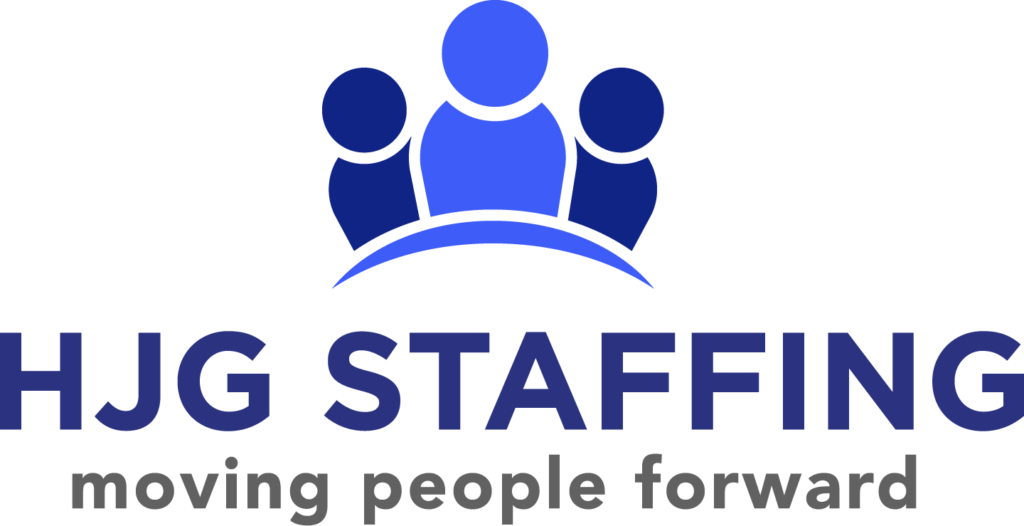When it comes to work, many of us measure our day by the amount of productivity we achieve. However, distractions and interruptions to the flow of our day can be inevitable. Also, productivity depends on many different factors, including energy levels, motivation, and the ability to break down tasks. Today, we will explore different ways to boost productivity and drive in the workplace.
Sooner or later, there will be that one looming task. It could be making that phone call, filing paperwork, or even something simple like organizing your desktop. There are different reasons we procrastinate tasks. It could be the subconscious fear of failure, feelings of overwhelm, or not knowing where to begin. Attempting to identify the reason could be a good place to start. Understanding our own behavior can help us break the pattern and uncover our internal beliefs.

For instance, Monica, a Management Consultant, says an aspect of her job that causes her reluctance is networking. While networking is vital to her position, the fear of potential clients being annoyed and unwilling to talk causes her hesitation. After noticing this fear and breaking it down, Monica realized, “I have to remember most people are happy to talk when they. Have the time. A reach out to someone does not usually end up badly.” Exposing our internal fears and beliefs while debunking them with evidence can turn the day around and help us complete tasks that otherwise seem scary.
An effective tool used in psychology is called Cognitive Behavioral Therapy. This type of therapy intervenes with unhelpful, anxious, and inhibiting thoughts, and it provides the opportunity to deflate the power of these thoughts. The good news is this type of therapy can be completed anywhere. A simple google search for “Cognitive Behavioral Therapy Worksheets” can help you start the process of identifying thoughts that don’t serve your productivity. The idea is to overcome negative thoughts with logic and evidence.

Another strategy proves to be efficient is called “Eating the Frog.” It is unknown who invented this concept, but the metaphor is as follows: if you are forced to eat a frog every day, getting it over with in the morning ensures the rest of your day likely won’t get worse. While the visual is strange, it does translate to the work world. Essentially, if we can complete the hardest, most daunting, or annoying task during the first part of the day, the rest of the day will likely be less stressful.
Jen, a Regional Sales Manager “eats the frog” every morning. “I typically tackle the most mentally draining things in the mornings and keep the afternoon light for overflow and more mindless tasks.” When you avoid tasks, it might feel okay in the moment, but the anxiety and necessity to complete that task lingers. Therefore, accomplishing the tasks we want to avoid most during the first part of the day can make the remaining time more satisfying. Furthermore, it can set the tone for a productive day.

The next step is simple, and sometimes easier said than done: make a list. Did you know that you are 42% more likely to accomplish goals just by writing them? Even if the task seems simple, writing it down can have transformative effects. The psychology behind putting pen to paper is quite interesting; something about this action creates a vision, allowing you to view your goals in a tangible way. Plus, nothing beats the satisfaction of striking your pen through a completed task.
Finally, give yourself a break. Many people define their worth by their productivity levels. This mindset can end up being harmful. While setting goals is important and can boost self-esteem, the mindset of never doing enough can kill productivity and motivation. Remember, you are human. You will have bad days, tired days, days where you slept poorly and days where it seems like everything that can go wrong did. At the end of the day, you are who you go home with, so show yourself some kindness and grace.

The way you talk to yourself matters. If you make a mistake, remind yourself that you are human, and this is a learning opportunity that will help you improve in the future. If you weren’t as productive as you hoped, explore the reasons. At the end of the day, no matter how you performed, ask yourself this: did I do the best I could do given the circumstances of my present situation? This way, it isn’t about how much you accomplished; rather, it is about the effort displaced. And at the end of the day, doing our best for who we are and where we are in a moment is all we can do.



